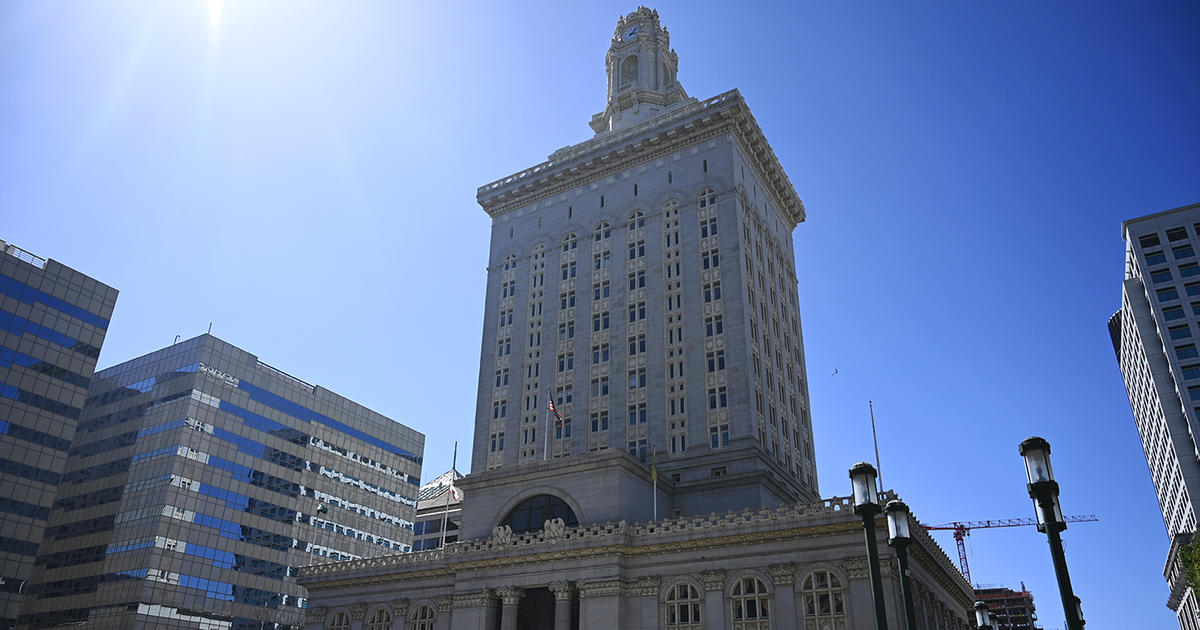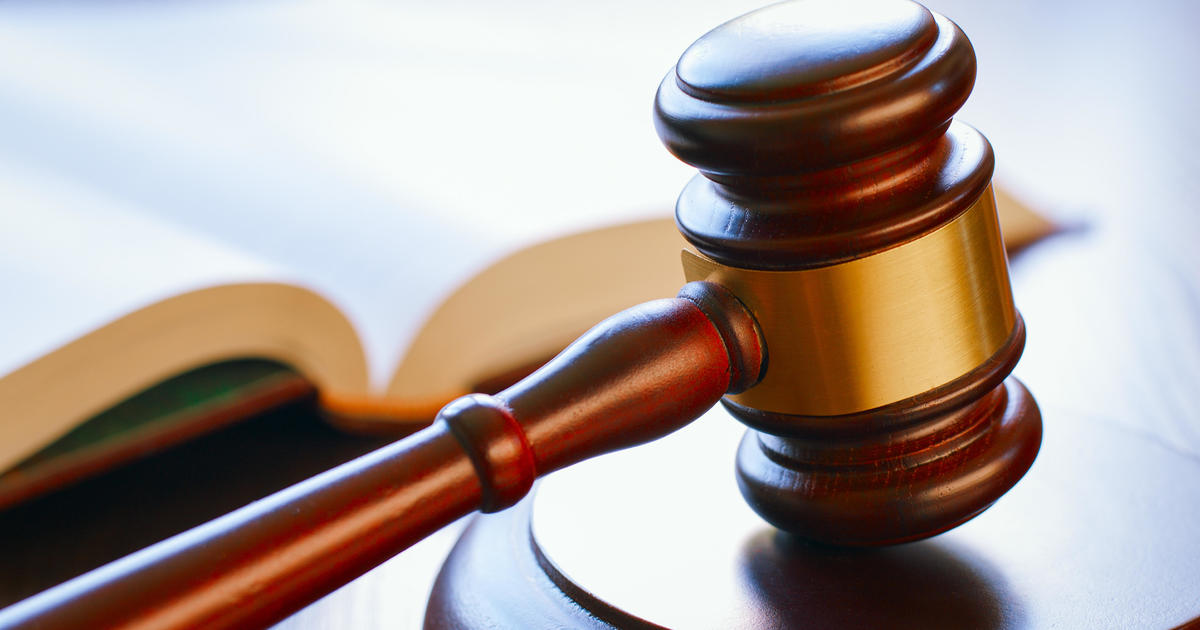Update: Jury rules Musk, Tesla not liable in shareholder lawsuit over funding tweets
SAN FRANCISCO -- A jury on Friday ruled Tesla CEO Elon Musk did not mislead investors in 2018 with tweets about a Tesla buyout which the investors say cost them billions of dollars.
The jury in the San Francisco shareholder lawsuit returned the verdict in barely two hours following a three-week trial. Musk was not in the courtroom for the reading of the verdict after attending closing arguments earlier on Friday.
The trial pitted Tesla investors represented in a class-action lawsuit against Musk, who is CEO of both the electric automaker and the Twitter service he bought for $44 billion a few months ago.
The verdict is a major vindication for Musk who strode into the San Francisco federal courtroom Friday morning in a surprise appearance before closing arguments in the case. Musk wasn't required to show up for Friday's proceedings but his presence in court, while he is trying to reverse huge losses at Twitter and overseeing Tesla amid stiffening competition, underscored the importance of the trial's outcome to him.
Following the verdict, Musk took to Twitter to hail the ruling in his favor.
In 2018, Musk tweeted that he had the financing to take Tesla private. It turned out he had not received an iron-clad commitment for such a deal which would have cost between $20 billion to $70 billion.
His tweet disclosing he had "funding secured" was at the center of the trial.
That tweet, along with a follow-up tweet saying investor support was confirmed, prompted allegations of misconduct from the Securities and Exchange Commission which wound up costing Musk and Tesla $40 million to settle.
Judge Edward Chen had ruled earlier that Musk's 2018 tweets were false and instructed the jury to view them that way.
If the nine-person jury had decided to hold him liable for misleading Tesla shareholders during a 10-day period in August 2018 for the "funding secured" tweet and its follow-up, Musk and Tesla could have been on the hook for billions in damages.
ALSO READ:
- Musk's Tesla tweet trial delves into investor damages
- Elon Musk's mysterious ways on display in Tesla tweet trial
- After $700 billion drop, angry Tesla investors say Elon Musk has "abandoned" them
- Elon Musk takes the stand in trial over his Tesla buyout tweets
Thread: Closing arguments in Tesla shareholder case:
During roughly eight hours on the stand, Musk insisted he believed he had lined up the funds from Saudi Arabia's Public Investment Fund to take Tesla private after eight years as a publicly held company.
He defended his initial August 2018 tweet as a well-intentioned communication to ensure all Tesla investors knew the automaker might be on its way to ending its then-eight-year run as a publicly held company.
"I had no ill motive," Musk testified. "My intent was to do the right thing for all shareholders."
Nicholas Porritt, the attorney for Tesla shareholders, told jurors at the start of his closing arguments "The case is ultimately about whether the rules they apply to everyone else also apply to Elon Musk."
"The court has instructed you that you must assume that Elon Musk's tweets were untrue," said Porritt. "So the question becomes whether he should be held accountable for his false tweets."
"He wrote two words, 'funding secured,' that were inaccurate," said defense attorney Alex Spiro during his closing argument. "They tried to condition you. 'Bad tweet. Bad tweet. Fraud tweet.' Just because it's a bad tweet doesn't make it fraud."
Spiro insisted the plan to take Tesla private collapsed not because of a lack of funding but because the shareholders wanted to stay public. He also questioned whether the investors who testified about their losses, Glen Littleton and Tim Fries, were legitimately driven by Musk's tweets or whether they recast their experience in an effort to capitalize on the class action lawsuit.
During closing arguments, Porritt scoffed at the notion that Musk could have concluded he had a firm commitment after a 45-minute meeting at a Tesla factory on July 31, 2018, with Yasir al-Rumayyan, governor of Saudi Arabia's wealth fund, given there was no written documentation.
A text message that al-Rumayyan sent later in August that is part of the trial evidence also indicated that the Saudi fund was only interested in learning more about Musk's proposal to take Tesla private at a time the company was valued at about $60 billion.
"Apparently a $60 billion financing commitment was obtained and no one wrote down a single word," Porritt said, while asserting that amount was larger than the combined economic output of Nicaragua, Honduras and El Salvador.
"Elon Musk apparently thinks it is easier to get billions of dollars in financing than an auto loan or a mortgage," Pollitt added.
Spiro, though, pointed to Musk's track record helping to start and run a list of companies that include digital payment pioneer PayPal and rocket ship maker SpaceX, in addition to Tesla. The automaker based in Austin, Texas is now worth nearly $600 billion despite a steep decline in its stock price last year amid concerns that Musk's purchase of Twitter would distract him from Tesla.
Recalling Musk's roots as a South African immigrant who came to Silicon Valley to create revolutionary tech companies, Spiro described his client "as the kind of person who believes the impossible is possible."
Porritt put a different twist on Musk's mindset during his presentation. "To Elon Musk, if he believes it or just thinks about it it's true."
Wilson Walker contributed to this report.





